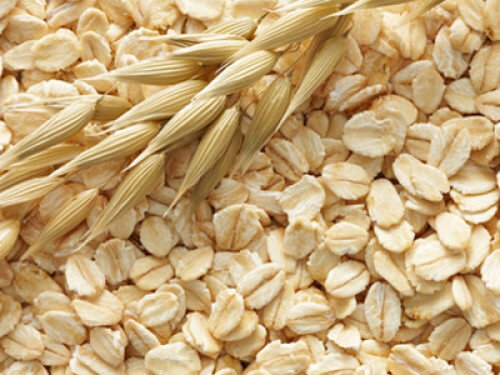Natural Home Remedies to Quit Smoking

Everyone who smokes knows how difficult it is to quit. Even though their intention is to do so, this habit causes a strong addiction that’s very difficult to fight. Today, there are thousands of people all over the world looking for a way to quit and improve their quality of life. So here are some natural remedies to quit smoking.
Smoking cigarettes can cause serious health problems, as it’s the main cause of lung, mouth, throat, and esophagus cancer. It can also cause damage to the bladder, kidneys, pancreas, and the cardiovascular system, among others.
All of these problems are caused by the impact the composition of the cigarette has on our health. Studies have found that these toxic substances affect both the smoker and those around them who breathe in the smoke.
People who want to quit smoking tend to fear the withdrawal symptoms that can often happen when they quit. However, although this is something that the person will feel again and again, they can get over it in a month or two, at the most. Obviously, the cases vary according to the psychological dependence of each person.
Are you still unable to quit smoking? If you find this habit difficult to give up, in the next paragraphs we’ll give you the best natural remedies to quit smoking cigarettes.
Natural home remedies to quit smoking
Liquorice
When you get a craving to smoke, we recommend sucking on a piece of liquorice root. This is great because it imitates the reflexive habit of holding a cigarette and it especially has properties that help detoxify the body. It also causes disgust for tobacco.
Sunflower seeds
Sunflower seeds are great for fighting the compulsive need to smoke when going through the withdrawal symptoms. It’s best to eat the seeds raw, but you can also eat them in other recipes.
Chamomile
Chamomile infusions can be very useful when you are trying to quit smoking. To make this remedy, just mix a teaspoon of chamomile flowers in a cup of boiling water and let it sit. You can drink it twice a day.
Read also:
Valerian
Thanks to its soothing properties, Valerian helps reduce the smoker’s cravings and irritability. It also helps them relax and fall asleep easier. You can consume it in capsules or as an infusion. To make the latter, mix 15 grams of the plant’s root in water and let it sit overnight.
Fruit and vegetable juice
Eating fruit and vegetables not only helps control your desire to smoke. They’re also a huge help to cleanse the organs in your body, which are the ones that work to fight free radicals and eliminate most of the toxins that accumulate in your body because of this terrible habit. You can make fruit juices with apples and grapes, and complement them with vegetables like carrots, celery, onion, spinach, etc.
Read also:
Ginger
A very effective remedy to control your desire to smoke is to chew a piece of ginger root. It may not be pleasant to many people because of its spicy flavor. However, keep in mind that it’s very effective.
Garlic cure
Garlic is a very healthy food that can help cleanse your body. At the same time, it helps in the fight against that bad habit of smoking. The “garlic cure” consists of eating two raw garlic cloves on an empty stomach, then two cloves and a cup of lemon juice before lunch, and two more cloves before dinner. This treatment is great, but it’s not suitable for people with low blood pressure or those who take anticoagulant medication.
Oats
Oat water has properties that benefit you in many ways, especially when it comes to cleansing the body and taking care of your health. This remedy, which is also used for weight loss, is great for fighting free radicals and eliminating substances that accumulate in your body from smoking cigarettes. To make it, mix two tablespoons of ground oats in a cup of water, then boil them, and eat them after meals. Additionally, it can also help control the withdrawal symptoms.
All cited sources were thoroughly reviewed by our team to ensure their quality, reliability, currency, and validity. The bibliography of this article was considered reliable and of academic or scientific accuracy.
- Glover, M., & McRobbie, H. (2016). Smoking Cessation. In International Encyclopedia of Public Health. https://doi.org/10.1016/B978-0-12-803678-5.00412-4
- Burki, T. K. (2016). Smoking and mental health. The Lancet Respiratory Medicine. https://doi.org/10.1016/S2213-2600(16)30109-6
This text is provided for informational purposes only and does not replace consultation with a professional. If in doubt, consult your specialist.








